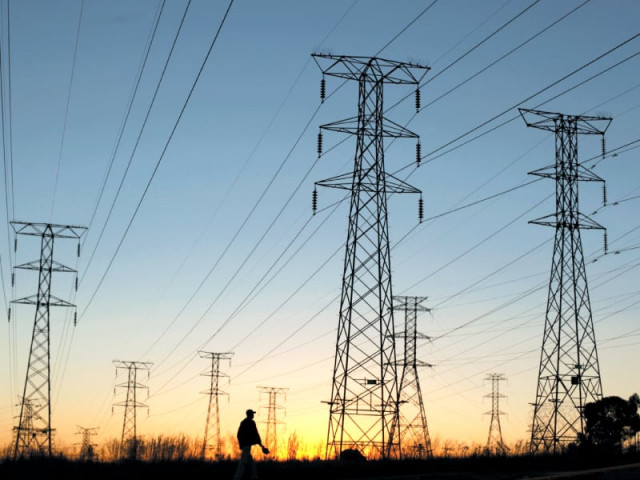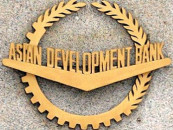Where there is a will …
It is easy to see that the power sector and issues related to it are the biggest deadweight to our economy.

PHOTO: FILE
Then there is the circular debt, also a malaise deeply rooted in the country’s beleaguered power infrastructure. According to an official of the water and power ministry, six power plants have been shut down due to this issue.
It is easy to see that the power sector and issues related to it are the biggest deadweight to our economy.
According to figures released by Nepra, the private sector is heavily investing in power generation and the bulk — about 80 per cent of this investment is directed towards cheap power like hydro or coal. Not only are they showing the wisdom to invest in the right areas, they have shown that they can raise the necessary finances to get this done and that they can get this done in a reasonable amount of time.
This is something the government should be doing instead of taking the easy way out and opting for expensive, short-term measures.
The Senate Standing Committee on Water and Power was recently informed that the Asian Development Bank has already offered financing for two blended coal thermal power plants. This is something the government should follow up on, to help resolve the power crisis.
Meanwhile, it is estimated that even if the incoming government does nothing to help the private sector in its endeavour to resolve the power crisis, but at the same time does nothing to interfere and delay it either, Pakistan will have significantly reduced its dependence on furnace oil in the next five years and also reduced the power generation shortfall.
Published in The Express Tribune, April 12th, 2013.



















COMMENTS
Comments are moderated and generally will be posted if they are on-topic and not abusive.
For more information, please see our Comments FAQ